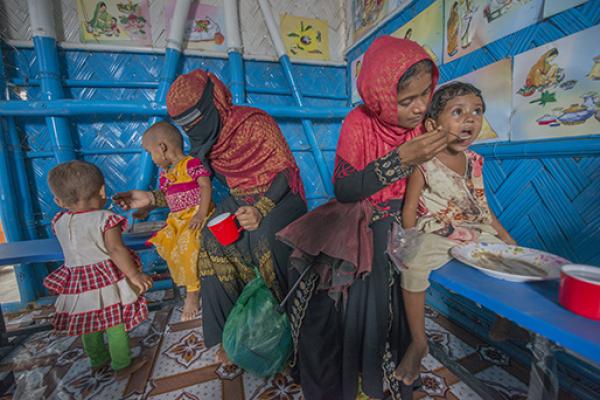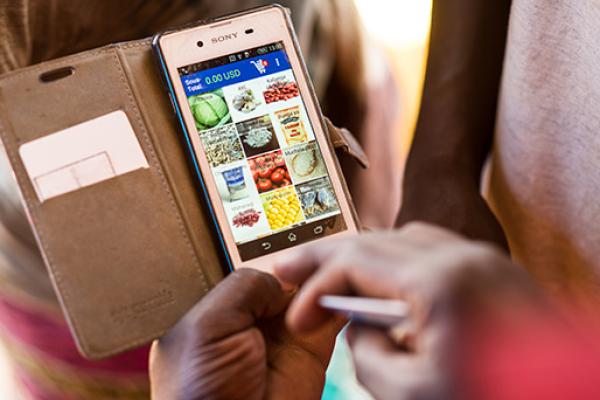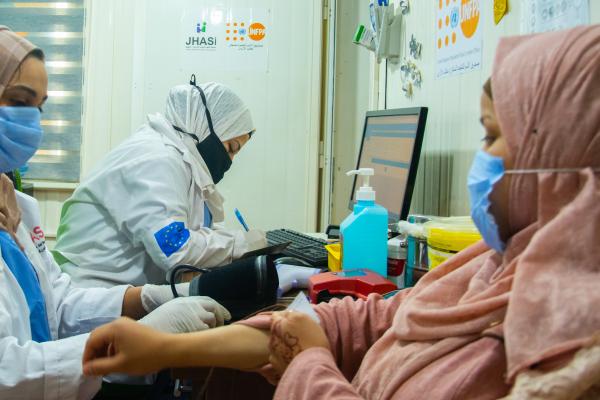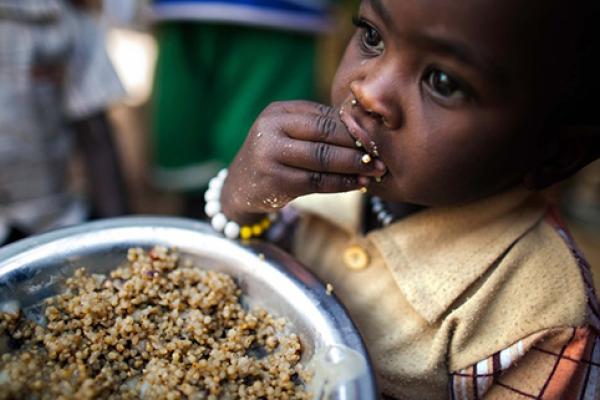On 26 May 2024, cyclone Remal made landfall in southern Bangladesh. Considered the most devastating storm to strike Bangladesh in over a decade, it triggered heavy downpours and tidal surges as high as 2 metres, leaving a trail of devastation along its path and lives in tatters.
The southern provinces of Barisal and Khulna were the worst hit areas.
In pictures, see how the World Food Programme (WFP), with funding from the European Union, help most affected families go through this hard time with cash transfers.
Located on the coast and surrounded by an intricate network of tidal rivers and marshes, Bangladesh’s Khulna division is highly susceptible to climate-related hazards, such as tropical cyclones, torrential rainfall, and tidal surges.
The low-lying and flat nature of large parts of the region means the impacts of these events on people are usually more severe. Disasters can impact everyone, but often take the heaviest toll on those already vulnerable like Amena’s family.
When cyclone Remal struck Bangladesh’s coast, it brought tidal surges, heavy rainfall, and subsequent flooding as high as 8 feet in the coastal region.
Over 4 million people were affected, particularly in the country’s south.
“I felt like crying,” says 35-year-old Mojina, who lives in a small, thatched hut by the river.
“Everything was damaged, all the dried food got wet. I’m my family’s sole earner. I know how much it would cost to repair or replace things.”
In response, the EU immediately allocated funding to support the World Food Programme (WFP). Humanitarian workers were also deployed to assess the needs.
It helped ensure the aid reached the most vulnerable ones.
Thanks to EU funding, WFP provided cash grants of €42 to help vulnerable families meet their basic needs whilst recovering from the impact of the cyclone. They received phone messages on how to collect the money to ensure accurate information.
Special focus was placed on those most in need: for instance, female-headed households like Mojina’s, people with disabilities, children, and the elderly.
“We were really happy when we received the message,” says 35-year-old Saira.
“I spent the money on dried food, fresh food and drinking water. We also managed to get some medical treatment for my son, who fell ill during the cyclone.”
“The first thing we did was to buy basic cooking ingredients and drinking water,” says 19-year-old Shefali.
“We prefer receiving cash to other relief items, otherwise I wouldn’t be able to repair our kitchen and take my kid to the clinic.”
Overall, the project has benefited over 92,000 people in the 7 worst hit districts of Khulna and Barisal divisions.
“The cash really helped us,” adds Saira. “We appreciate the support.”














